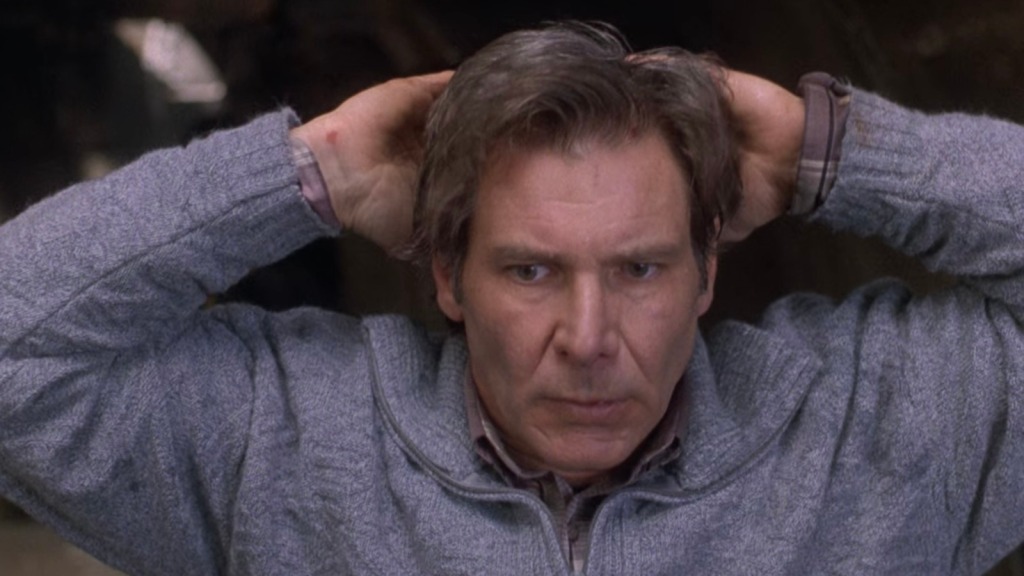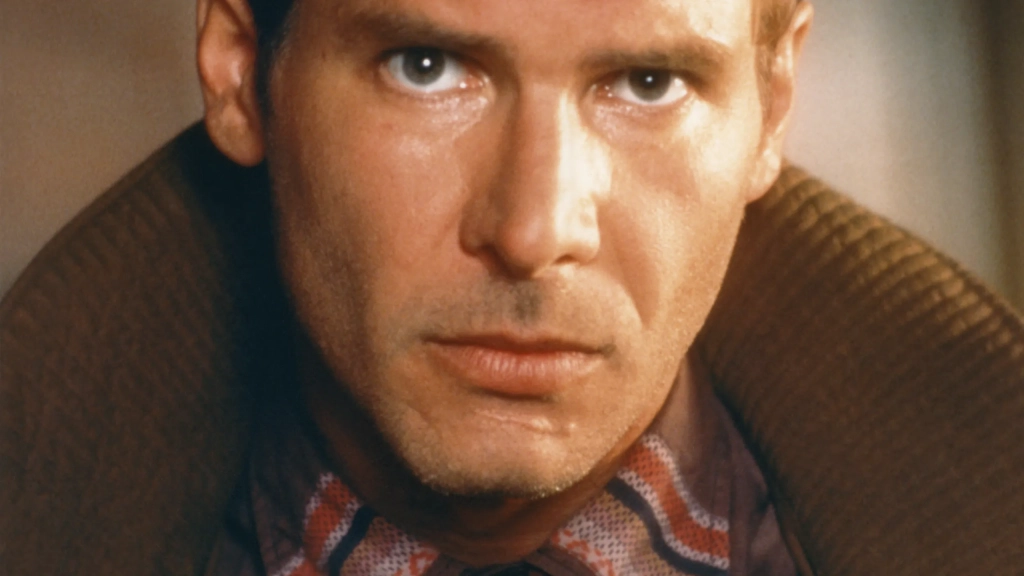In the illustrious tapestry of Hollywood’s leading men, Harrison Ford stands as a luminary figure whose unparalleled career has left an indelible mark on the cinematic landscape. With a unique blend of charisma, versatility, and an uncanny ability to embody a spectrum of characters, Ford has become an enduring icon whose impact reaches far beyond the silver screen.

A Maverick on Screen
Harrison Ford’s journey to stardom was not meteoric; it was a gradual ascent marked by diligence and a genuine passion for his craft. His breakthrough role as Han Solo in “Star Wars” (1977) catapulted him to stardom, introducing audiences to a charismatic and roguish hero. Ford’s portrayal of Solo wasn’t just a character; it became a cultural touchstone, and his witty banter and swagger made the character synonymous with his name.
What sets Ford apart is his remarkable ability to embody characters spanning a multitude of genres. From the rugged archaeologist Indiana Jones in “Raiders of the Lost Ark” (1981) to the iconic space-faring Blade Runner, Rick Deckard (1982), Ford effortlessly transitions between genres, making each role uniquely his own. His performances aren’t just portrayals; they’re transformations that breathe life into characters, making them iconic and timeless.

The Chameleon of Hollywood
Ford’s acting style can be likened to that of a chameleon. He possesses an unparalleled ability to adapt to diverse roles, seamlessly sliding into the skin of each character with an authenticity that transcends the screen. Whether navigating the treacherous terrain of the Amazon as Jack Ryan in “Clear and Present Danger” (1994) or stepping into the shoes of the compassionate Dr. Richard Kimble in “The Fugitive” (1993), Ford’s versatility has set a standard for actors across generations.
His mastery lies in his capacity to bring depth and nuance to characters. Ford doesn’t merely recite lines; he inhabits roles, infusing them with a palpable humanity. This chameleon-like quality is most evident in his ability to tackle characters as diverse as the gruff detective John Book in “Witness” (1985) and the whimsical, adventurous President James Marshall in “Air Force One” (1997). Each portrayal is a testament to Ford’s range and the timeless appeal of his performances.
Ford’s impact on Hollywood extends beyond his individual performances. His collaboration with visionary directors like Steven Spielberg and George Lucas has given rise to some of the most iconic characters in cinematic history. Indiana Jones, a character that Ford would immortalize, became a symbol of adventure and charisma. Similarly, his collaboration with Ridley Scott in “Blade Runner” contributed to the evolution of science fiction cinema, establishing Ford as a trailblazer in the genre.
Beyond his roles, Ford’s commitment to excellence has also been evident in his approach to stunts and physicality. The actor’s willingness to perform many of his own stunts, including the iconic snake-filled Well of Souls scene in “Raiders of the Lost Ark,” added a layer of authenticity to his characters. Ford’s physicality on screen, combined with his charismatic presence, created an immersive cinematic experience that resonated with audiences.

The Impact on Hollywood’s Narrative
Harrison Ford’s contributions to Hollywood extend to the very fabric of its storytelling. His roles have played a pivotal role in shaping the narrative of Hollywood’s leading men. In an industry that often adheres to stereotypes, Ford broke the mold. Han Solo wasn’t just a dashing hero; he was a nuanced character with flaws and complexities. Indiana Jones, with his fear of snakes and occasional lack of finesse, defied the stoic action hero archetype, paving the way for more layered characters in the genre.
Moreover, Ford’s portrayals often reflected the evolving societal norms. His characters embodied a changing definition of heroism. They were imperfect, vulnerable, and relatable. In “Blade Runner,” Ford’s portrayal of Deckard questioned the very nature of humanity, challenging audiences to contemplate moral and existential dilemmas. Through such roles, Ford has contributed to the narrative expansion of Hollywood, pushing the boundaries of traditional storytelling.
A Legacy Carved in Celluloid
As Ford’s career spans over five decades, his impact is not just confined to the characters he portrayed but is embedded in the very legacy of American cinema. He has become a symbol of enduring star power, proving that charisma and talent can transcend the fickle nature of Hollywood. His performances continue to resonate with audiences, and his characters remain timeless cultural touchstones.
Ford’s legacy is not only in the characters etched into the annals of film history but also in the influence he has had on successive generations of actors. His dedication to his craft, his ability to evolve with the industry, and his unwavering commitment to authenticity have set a standard for actors aspiring to make a lasting impact in Hollywood.
Conclusion
In the grand narrative of Hollywood, Harrison Ford emerges as a maestro whose unique acting styles, chameleon-like versatility, and impact on the industry transcend the limitations of time. His characters are not mere performances; they are cultural landmarks, shaping the cinematic landscape for decades. Ford’s legacy is a testament to the enduring power of storytelling and the transformative impact of an actor whose artistry knows no bounds. As the curtain falls on each performance, Harrison Ford remains an artisan of cinematic immortality, leaving an indelible mark on the heart of Hollywood.
